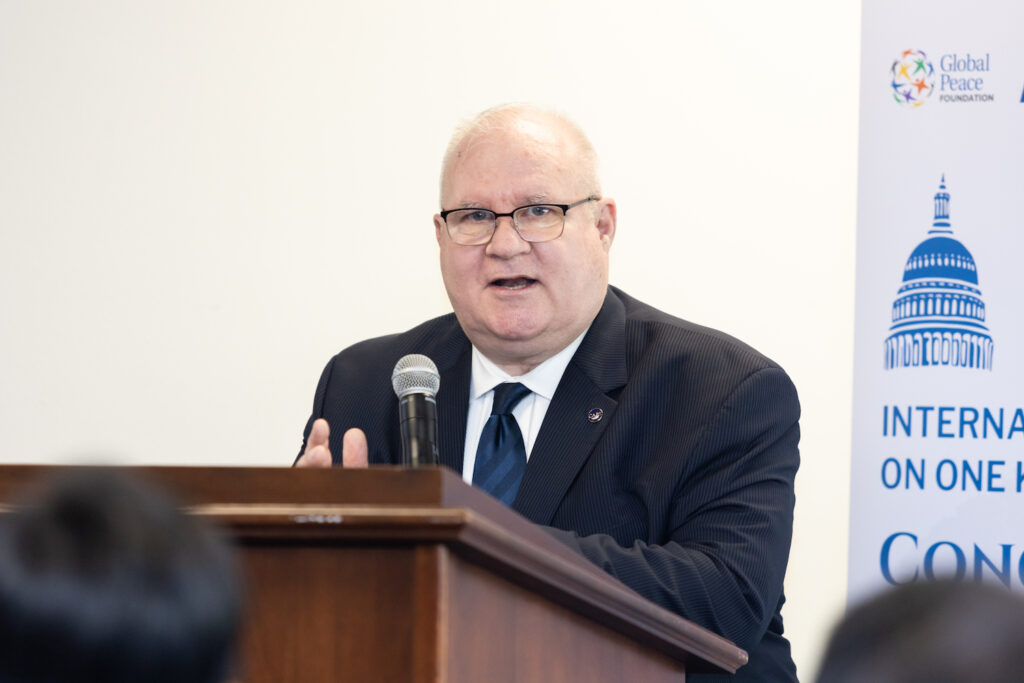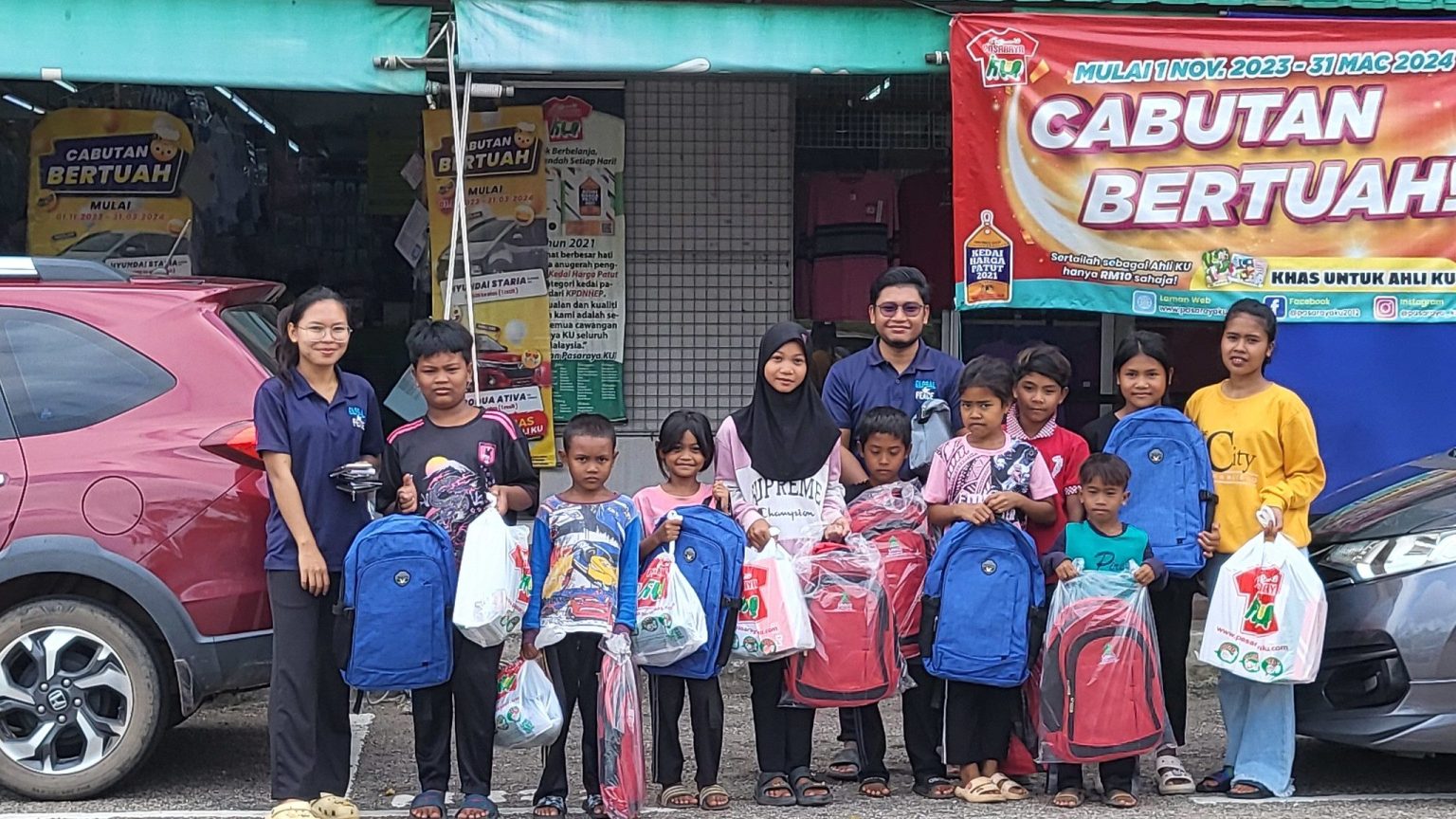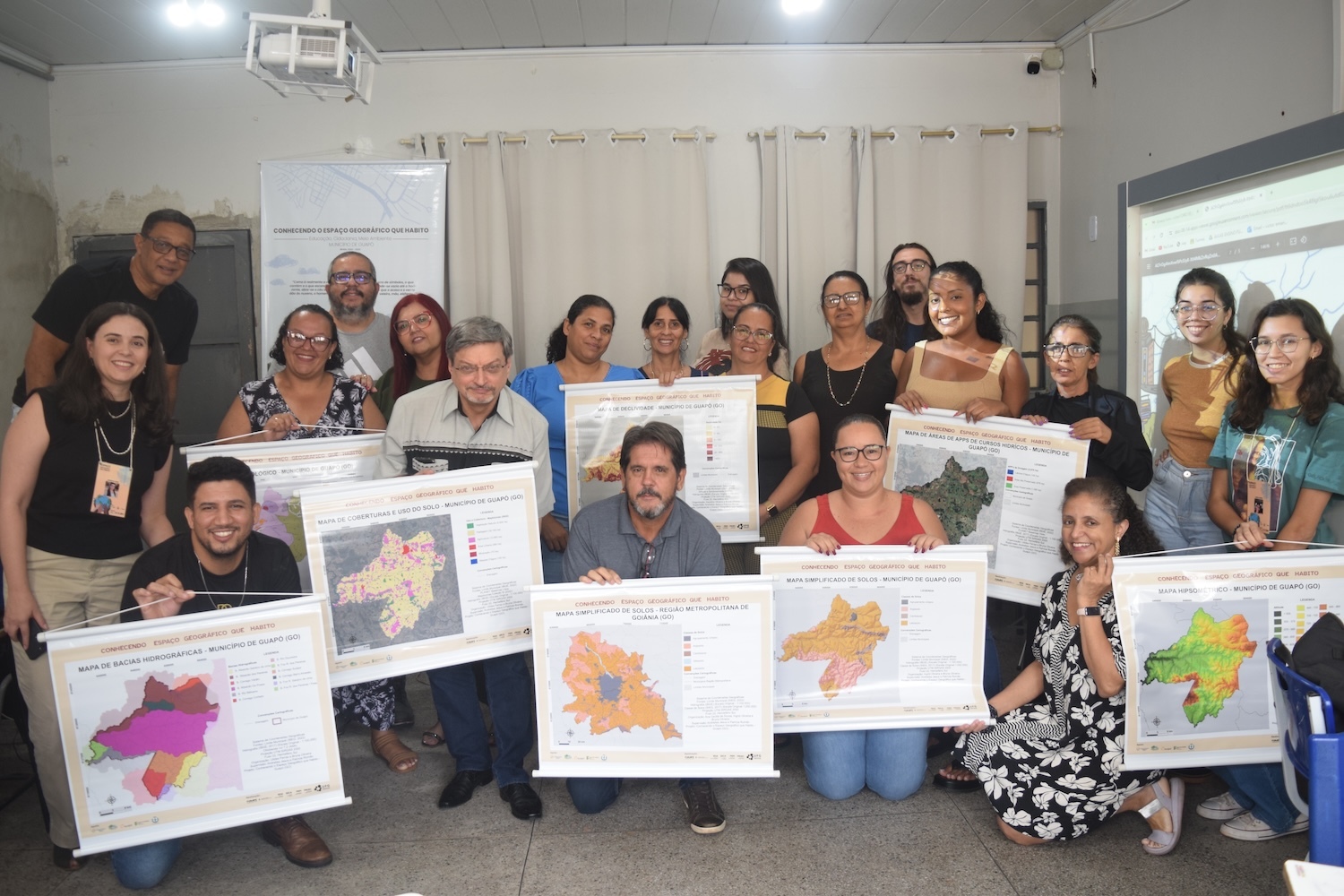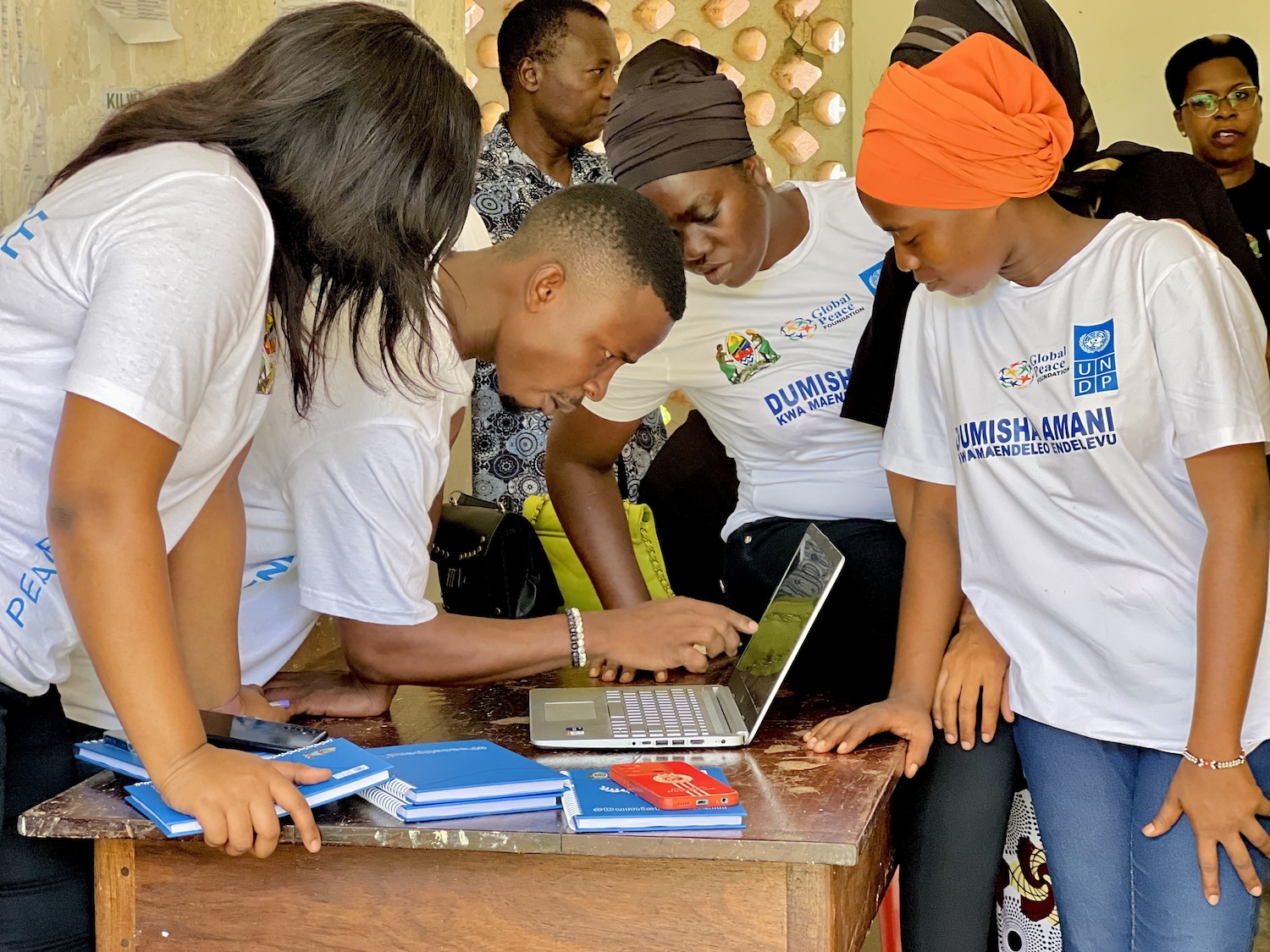
David Maxwell presents at the International Forum on One Korea Congressional Roundtable held in May 2023.
David Maxwell is a retired U.S. Army Special Forces Colonel and has spent more than 30 years in Asia as a practitioner and specializes in Northeast Asian security affairs and irregular, unconventional and political warfare. He is the vice president of the Center for Asia Pacific Strategy and a senior fellow at the Global Peace Foundation (where he focuses on a free and unified Korea) and the Foundation for the Defense of Democracies.
Since Mongolia transitioned from communism to democracy it has been quietly working behind the scenes as a peace builder serving as a convening location for numerous talks, dialogues, processes, workshops and forums. June was a busy month with several events including the Ulaanbaatar Dialogue (UB) and the Mongolia Forum. The UB Process for Peace in Northeast Asia is ongoing. In addition, the United States, the Republic of Korea and Mongolia held talks on North Korean denuclearization and established a joint consultative body on mineral resources. All have a common theme: working for peace and prosperity in Northeast Asia. However, the “Mongolia Forum for Peace and Development in Northeast Asia and Korean Unification,” held on June 23, is unique in that it advocates for a free and unified Korea as a path to peace and prosperity.
The Mongolia Forum is a Track II event for scholars, practitioners, journalists and prominent members of civil society from many countries including Mongolia, Korea, China, Russia, India, the U.S., Japan and Malaysia. It was organized by the NGO Blue Banner, led by the tireless Ambassador Jargalsaikhan Enkhsaikhan of Mongolia, with conveners the Global Peace Foundation (GPF), the One Korea Foundation (OKF), Action for Korea United, the Mongolian Forum for Korean Unification, and the National Strategy Institute of the Chungnam National University.
Dialogues were informed by a common understanding of “hongik ingan” defined as “living for the greater benefit of humanity” which is the founding philosophy of Korea. It is a central feature of Dr. Hyun Jin Preston Moon’s “Korean Dream” which is a vision of a unified Korea “led by Korean civil society as the only way to solve the security, economic and social problems created through the more than 70 years of division.”
The speakers were inspirational and the forum personally reaffirmed my belief that the achievement of a free and unified Korea is the only acceptable durable political arrangement that will end the human rights abuses being committed in the north and the nuclear and missile threats. In fact, it is the nuclear threat and the human rights abuses that have paralyzed governments from focusing on unification. In my opinion, the only way to overcome this paralysis is by reversing the conventional wisdom of denuclearization first and then focusing on unification as the path to denuclearization, peace and security in the region.
Seventy years ago the military leaders who signed the Armistice Agreement understood that there was no military solution to end the 1950-1953 war. Paragraph 60 called on all parties to come together to create a political solution to the “Korea question,” which is the unnatural division of the peninsula. For seven decades governments have failed. The time is now for civil society to engage with like-minded organizations to challenge governments to drive a solution to the “Korea question.”
There are two areas that civil society can immediately affect: human rights and the demand for information for the Korean people in the north. The Korean people in the north are suffering terribly and every effort must be made to help them obtain relief. Civil society must support the recommendations in the 2014 United Nations Commission of Inquiry (COI) and set an example for governments to focus on human rights. Human rights are not only a moral imperative but a national security issue because Kim Jong-un denies the human rights of the Korean people in the North in order to remain in power.
One of the human rights abuses identified in the COI is the isolation of the Korean people and the denial of the free flow of information into the North and to all Korean people. Escapees tell us there is a high demand for all types of information from the outside world. Civil society can make a tremendous contribution to this effort.
The most important message to transmit to the Korean people living in the North is there are people around the world concerned with their welfare and who are working to help Koreans in the North and South to achieve unification as a path to peace and prosperity. It is natural that Korea should follow in the footsteps of Mongolia and make a major political transition. Korean unification can serve as a modern global beacon and inspire political change around the world as civil society collectively works for peace and prosperity.
Civil society and governments should have a vision of the future of Korea. On April 26, 2023, South Korean Presidents Yoon Suk Yeol and U.S. President Joe Biden established the vision that both countries seek: “The two presidents are committed to build a better future for all Korean people and support a unified Korean Peninsula that is free and at peace.” The two presidents have provided strategic clarity for their policymakers, strategists and planners.
Civil society should seek a similar vision. It must begin with the realization that the only way we are going to see an end to the nuclear program and military threats as well as the human rights abuses and crimes against humanity being committed against the Korean people living in the north is through the achievement of unification and the establishment of a free and unified Korea. This new Korea must be secure and stable, non-nuclear, economically vibrant and unified under a liberal constitutional form of government based on individual liberty, free market economic principles, rule of law and human rights as determined by the Korean people. This is the vision a United Republic of Korea (UROK).
Members of civil society in the South combined with escapees from the North should resurrect the 1919 Korean Declaration of Independence to serve as a foundational document for a United Republic of Korea. These words still resonate for the Korean peninsula: “We claim independence in the interest of the eternal and free development of our people and in accordance with the great movement for world reform based upon the awakening conscience of mankind.” They should begin work now on a new Constitution for a UROK. By drafting a new Constitution these young Koreans will become the founding mothers and fathers of a UROK.
The participants in the Mongolian Forum seek the peaceful unification of Korea. I challenge all who support unification; private citizens, businesspeople, public servants and government officials to examine their work and continually ask a single question: How does this action support achieving Korean unification? It is time to overcome unification planning paralysis caused by nuclear weapons and threats of war and develop the necessary synergy among like-minded members of civil society to bring peace and security to the region. Working together, civil society can support Korea in achieving a United Republic of Korea (UROK) that will be a model for political change in the 21st century.



